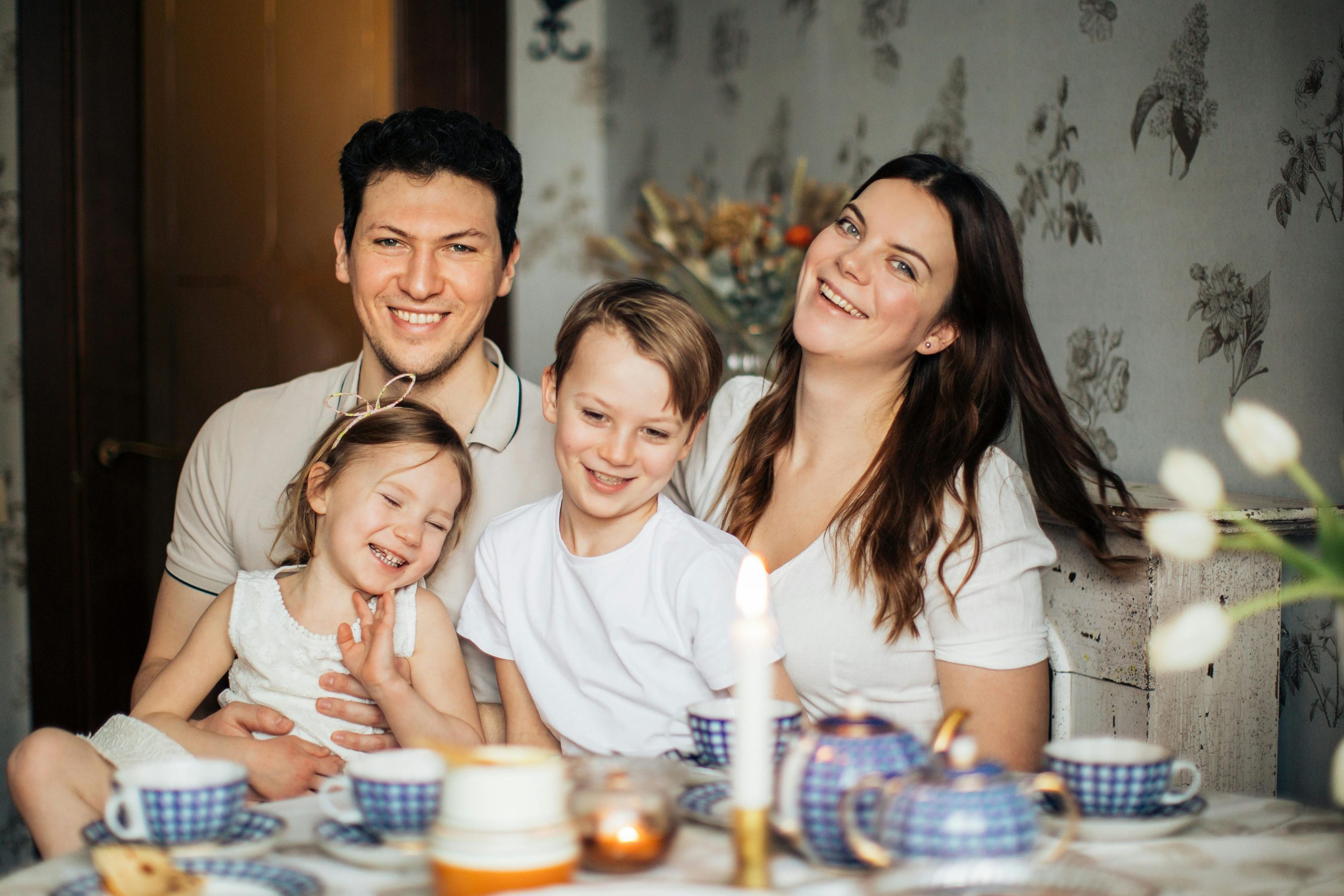With the culinary world being globalized, chefs have long stopped being confined within the four walls of a physical kitchen. Now, they reach out to a wider audience, sharing their exceptional skills and knowledge, even from thousands of miles away. Thanks to the internet, this is a possibility that has become a reality.
Virtual cooking classes have increasingly become popular, especially in the United Kingdom, where specialty chefs are known for their unique culinary skills. Chefs are now leveraging the power of technology to conduct classes online, sharing their delectable recipes with a global audience.
En parallèle : What Are the Best Practices for Ensuring Food Safety in UK Online Grocery Delivery?
This whole new dimension of culinary teaching and learning has its own challenges. So, how should UK specialty chefs successfully host virtual cooking classes? What are the effective methods they should employ? This article provides an in-depth insight into that.
Choosing The Right Platform
Just as the physical environment affects the efficiency of a cooking class, the choice of the online platform is crucial when it comes to virtual classes. There are numerous platforms available, each with its advantages and challenges.
Avez-vous vu cela : How Can UK Sustainable Fashion Startups Validate Their Supply Chain Transparency?
When selecting a platform, chefs must consider factors such as the size of the class, interaction level required, and technical support available. Platforms like Zoom, Google Meet, and Microsoft Teams offer possibilities for large classes, while Instagram Live or Facebook Live might be more suitable for smaller, more casual sessions.
The platform must also support high-quality video and audio for clear communication. A test run to check for any technical glitches is a must before the actual class.
Planning and Preparing for the Class
The success of a virtual cooking class significantly depends on proper planning and preparation. This involves creating a detailed recipe, gathering ingredients, and prepping the cooking area.
Chefs should provide a list of ingredients and equipment to participants well in advance. They may also consider sending a detailed recipe beforehand. This allows participants to prepare and ensures everyone is on the same page when the class begins.
The cooking area should be clean, organized, and well-lit. Chefs should also ensure that the camera angle is suitable to capture all the cooking actions.
Offering Interactive and Engaging Content
One of the challenges of virtual classes is keeping the participants engaged. To tackle this, chefs should create interactive and engaging content. This could be through live Q&A sessions, real-time feedback, and encouraging participants to share their cooking results.
Chefs could also add a personal touch by sharing stories related to the dish, its origin, or their own culinary experiences. This not only keeps the class interesting but also offers value beyond just learning a recipe.
Ensuring a Seamless Flow of Communication
Effective communication is key when it comes to virtual cooking classes. This involves not only the way chefs deliver their instructions but also how they interact with participants.
Chefs should explain their actions clearly and in detail, considering that participants may not be familiar with certain techniques. They should also encourage questions and provide clarifications whenever necessary.
Feedback from participants can be valuable in improving future classes. Chefs should create a system for participants to provide their feedback and suggestions.
Leveraging Digital Marketing Strategies
Marketing plays a crucial role in the success of virtual cooking classes. Chefs should leverage various digital marketing strategies to reach a wider audience.
Social media can be a powerful tool to promote the classes, share teasers, and engage with potential participants. Email newsletters are another effective way to update subscribers about upcoming classes.
Chefs could also consider collaborations with other chefs or culinary influencers. This could help tap into their audience and increase visibility.
In a world that is becoming increasingly digital, virtual cooking classes have emerged as a promising avenue for chefs to share their culinary skills and passion with an international audience. By employing effective methods such as choosing the right platform, planning and preparing, offering engaging content, ensuring clear communication, and leveraging digital marketing strategies, UK specialty chefs can host successful virtual cooking classes and make a significant impact in the culinary world. So, take the plunge, sharpen your knives, and light up the virtual stove!
Analysing the Feedback and Improving the Classes
Analysing feedback from participants has an essential part in the constant improvement of virtual cooking classes. A successful chef knows well the importance of being a good listener. This includes hearing what participants have to say about their experience, what they liked or disliked, and any suggestions they might have for future classes.
Chefs should establish a feedback mechanism after each class, possibly through an online survey or a dedicated email address where participants can share their thoughts. Offering a platform for participants’ voices ensures that their concerns and suggestions are taken into account, and it also shows that the chef values their opinions.
When going through feedback, it’s important for chefs not to take negative comments to heart but rather see them as opportunities for improvement. Every critique should be seen as a chance to learn and grow. Chefs should remember that they can’t please everyone, and diverse opinions are normal. The most constructive way to handle criticism is to use it to make necessary changes.
Another aspect worth considering for improvement is self-evaluation. After each class, chefs should take some time to reflect and assess their own performance. Did they communicate effectively? Was the pace of the class suitable for all participants? Did they provide enough context and background for the recipes? Self-evaluation can help chefs identify their strengths and areas that need improvement.
Conclusion
The world of gastronomy has indeed embraced the digital revolution, and virtual cooking classes are a testament to that. For UK specialty chefs, these classes offer a unique opportunity to extend their reach beyond geographical boundaries and share their culinary prowess with a global audience.
To host successful virtual cooking classes, chefs need to choose the right platform, plan and prepare meticulously, provide engaging and interactive content, ensure smooth communication, and leverage digital marketing strategies. Gathering, analysing, and acting on feedback is also crucial to continually refine and enhance the virtual culinary experience.
In conclusion, virtual cooking classes are not only a novel way of teaching and learning culinary skills but also a means for chefs to express their creativity, share their passion, and connect with food enthusiasts worldwide. As digital platforms continue to evolve and improve, it’s exciting to imagine what the future holds for virtual culinary education. With the right methods, UK specialty chefs can indeed make a lasting impact in the global culinary scene through virtual cooking classes. So, grab your apron, turn on your camera, and let’s get cooking.





